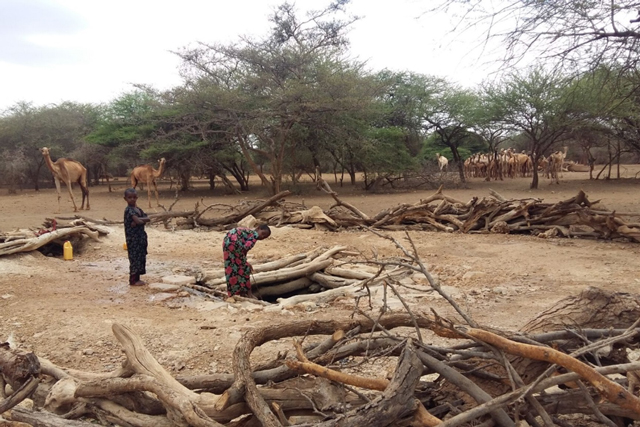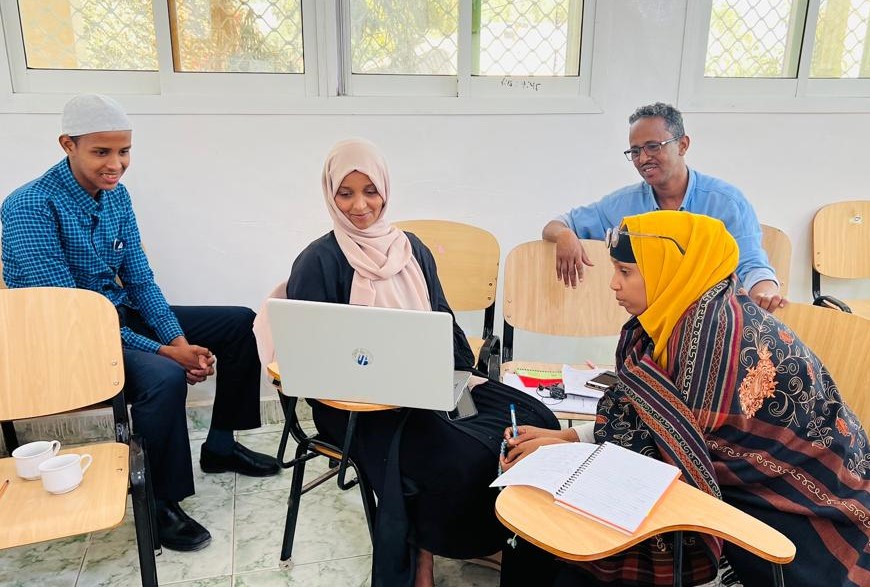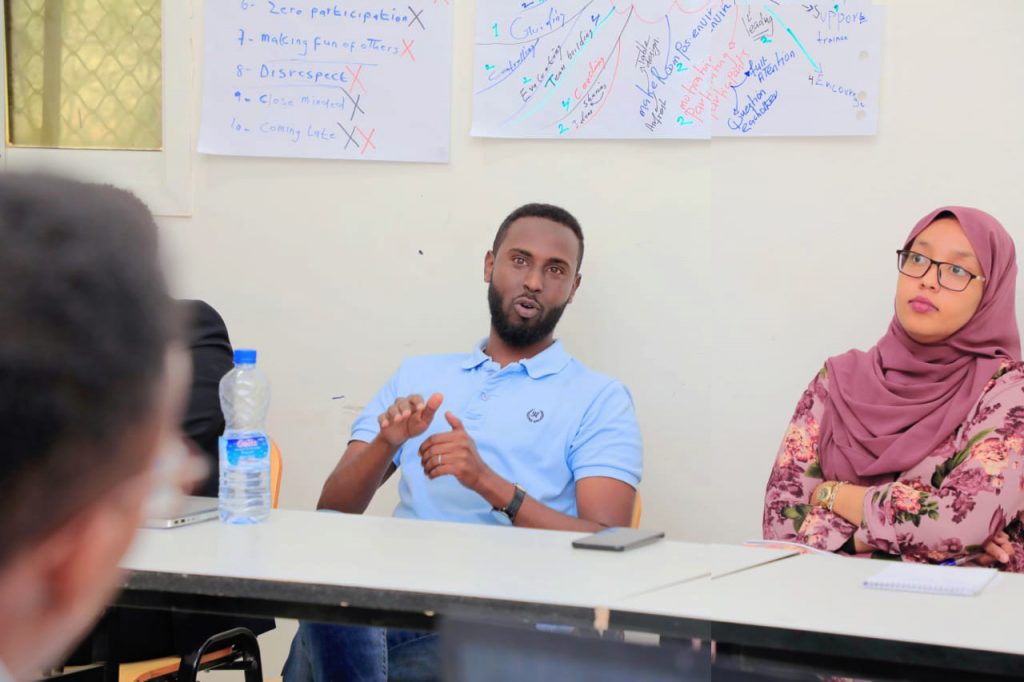When a crisis hits, it is the local authorities who are most often at the frontlines. Local authorities should assume a coordinating role, connecting with their communities through clear communication and implementing adequate disaster mitigation measures in cooperation with civil society. In this article, we discuss the importance of activating community partnerships to mitigate the risks of disaster shocks in local communities, particularly in the context of the DANWADAAG programme in Somaliland.

Photo by: Food and Agriculture Organization of the United Nations.
Responding to Disasters in Somaliland
Somaliland faces an increasing amount of disasters, worsened not only by climate change but also by the lack of capacity of local authorities to better prevent and respond to such disasters. They are faced with the challenge to develop and engage in effective Disaster Risk Management (DRM) efforts, while still facing intermittent disruptions in their economic and social orders by strong storms, flooding, and droughts.
To support local authorities in tackling their two-pronged challenge, lead organisation VNG International implements the DANWADAAG programme, together with The Hague Academy and other consortium partners. The programme aims to improve the capacity of not only local authorities but also those of the local community and the media, to respond better to the disasters that affect their region.
Building Inclusive and Transparent Disaster Risk Management
External shocks – like floods, drought, or the recent COVID-19 pandemic – and stresses, like ongoing climate change, can overwhelm entire communities. In the past years, the humanitarian situation in Somaliland has continued to deteriorate. A historic period of drought has left millions of people in food insecurity, resulting in famine and mass migration. UN agencies estimate that up to 6.2 million people were at some point in need of humanitarian assistance and that more than 300,000 children were malnourished. After a series of shocks and continuously building stresses, local authorities are left in shambles in their attempts to protect and rebuild their local communities.
The COVID-19 pandemic acutely demonstrated the importance of strong and legitimate public authorities at the central level as well as strong local authorities and community structures at the local level to respond appropriately to an ongoing crisis. Effective strategies for preparing for and responding to external shocks rely on trust relationships between various social stakeholders that each have the capacity to perform their roles in their local community.
In the context of Somaliland, there remain evident gaps in the institutional capacity to create strong DRM mechanisms and foster local ownership to prepare for future shocks. As external shocks occur more and more frequently, the pressure increases for government authorities, civil society, media, and community leaders to come together and fulfil their respective roles in times of crisis. Inclusive and transparent Disaster Risk Management can promote more legitimacy and bring citizens and government closer together resulting in a relationship of trust.
Working Together
In a co-training modality, The Hague Academy recently completed the first out of five training of trainers (ToT) sessions. This first ToT offered public authorities and civil society members skills training on inclusive adult training methods and action learning facilitation. This course will be followed by training on complex problem solving, disaster risk management, sustaining peace, gender-sensitive inclusive governance and public leadership, all from the perspective of times of crisis.

A total of 16 participants completed the course and are now skilled local trainers who, later on, using their knowledge of their own context, strengthen their organisations’ capacity on these topics. This mixed group of trainers, who are all working on addressing the same complex problem, is a first step for more collaborative disaster management.

Learn more about the DANWADAAG programme here.
Related courses
We offer a diversity of courses throughout the year. Here are several other courses you might like.

